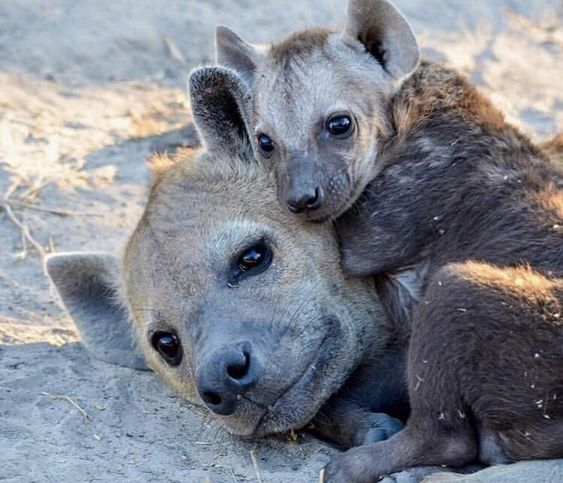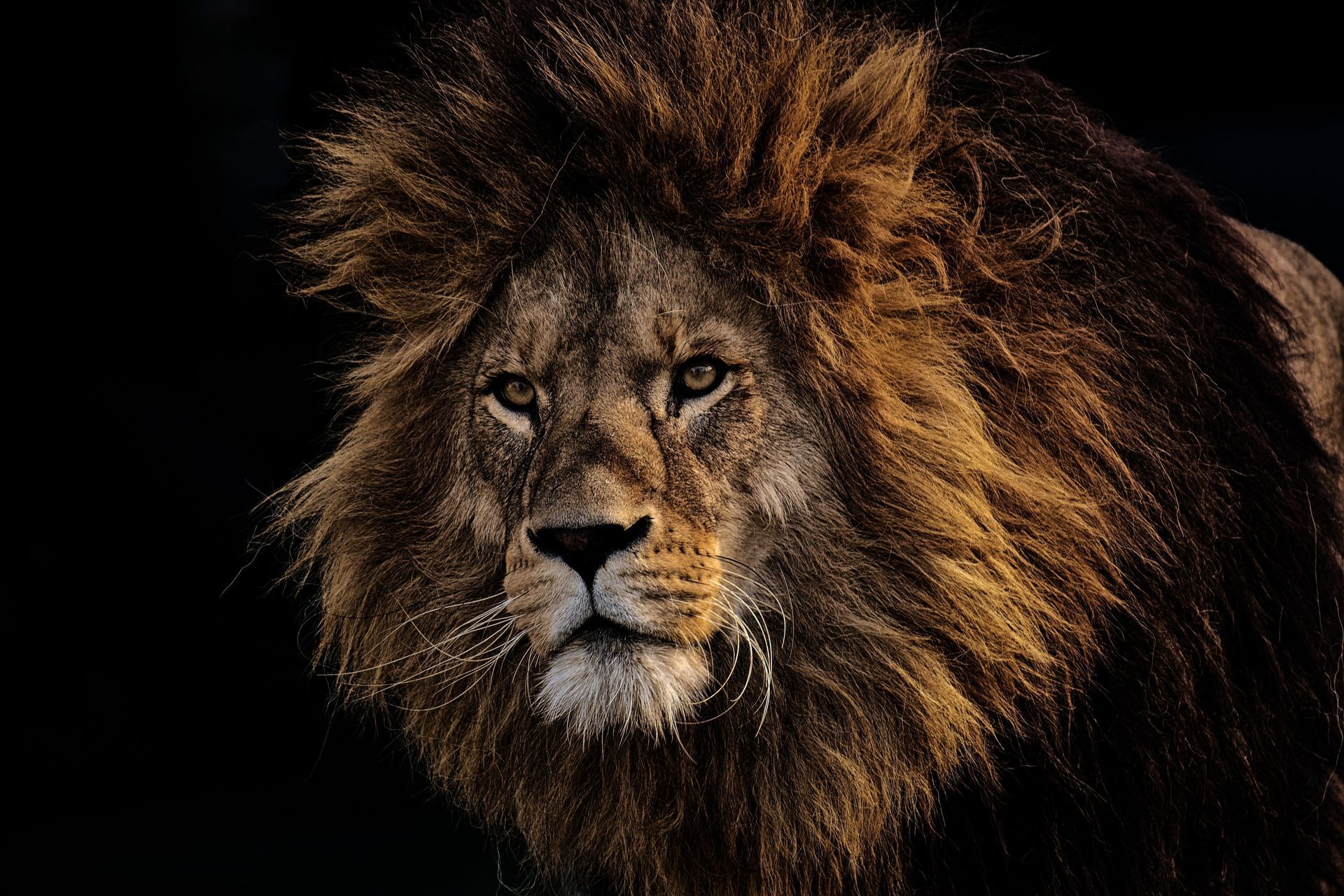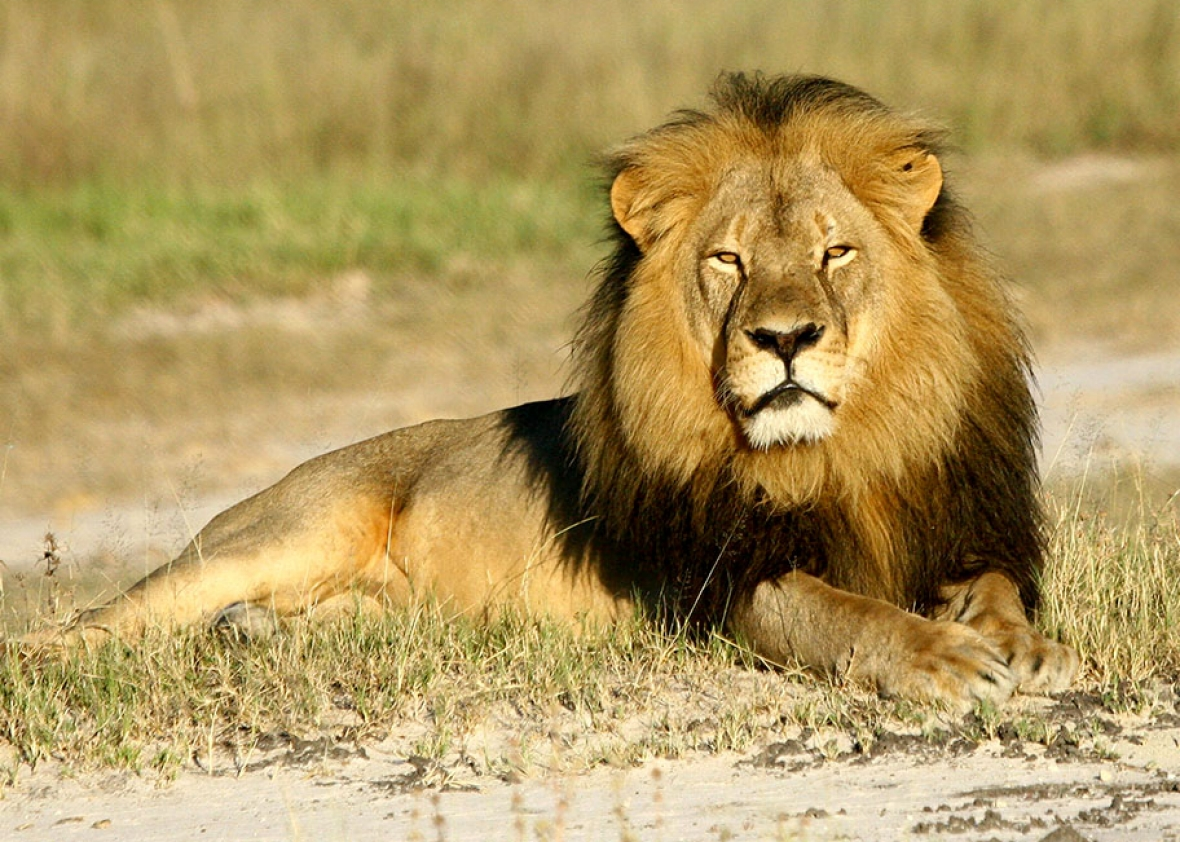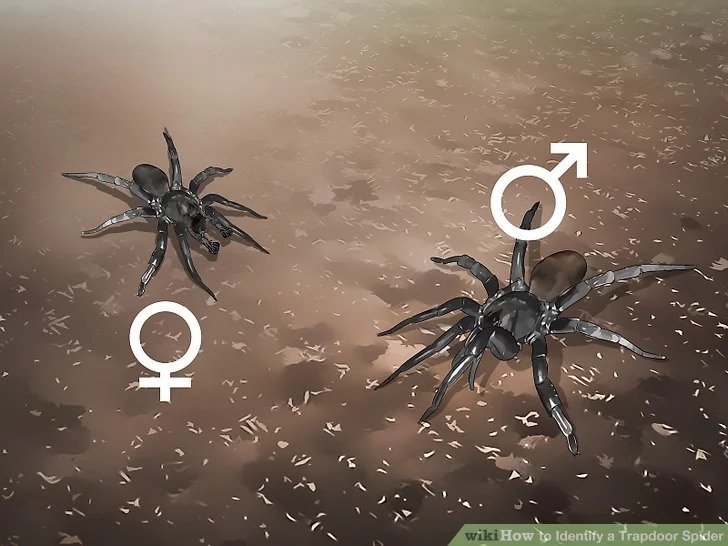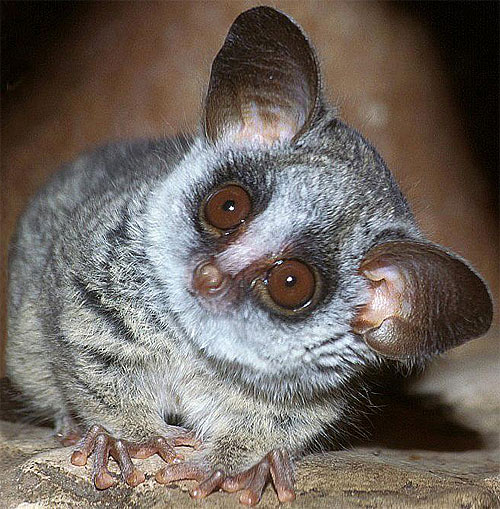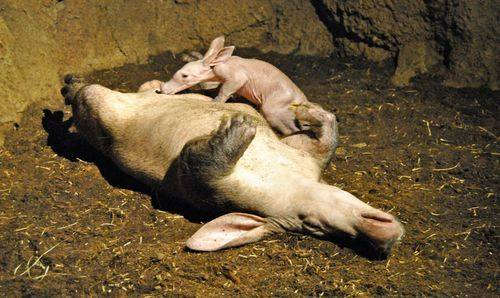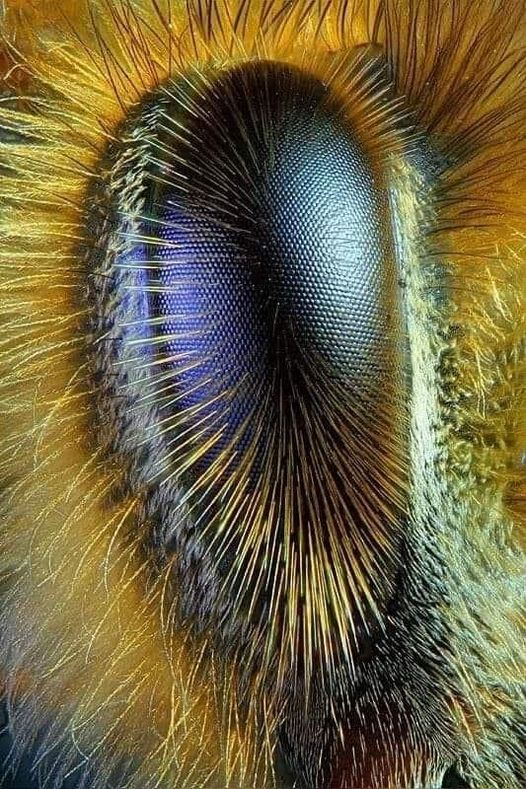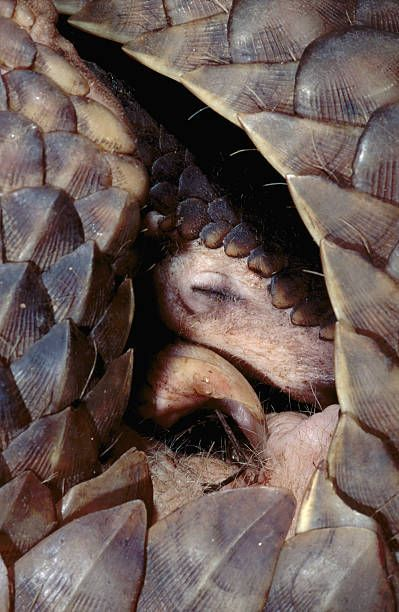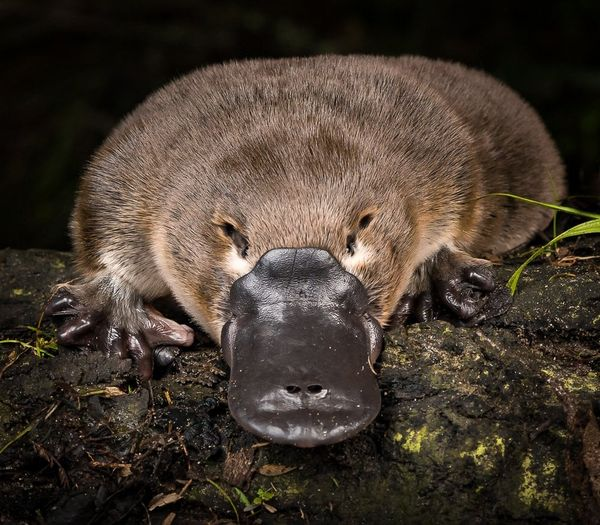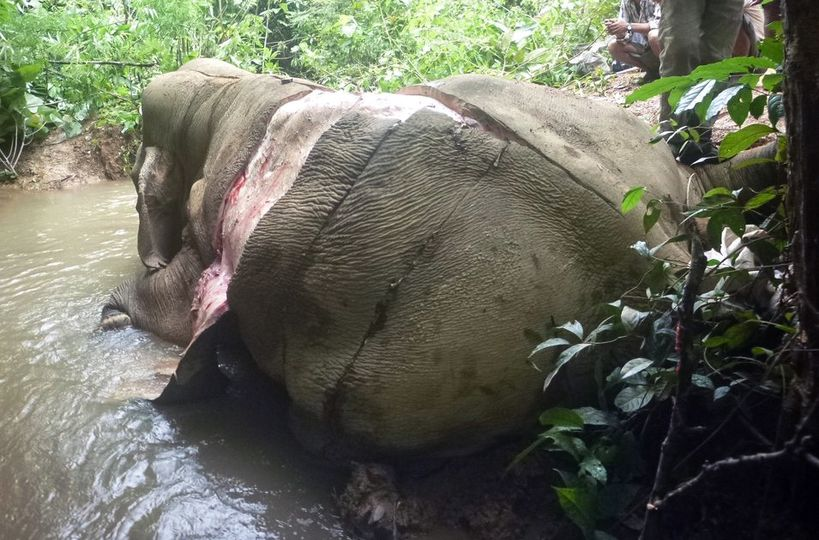| info@cryingbuffalo.co.uk
Time is revealing the truth.
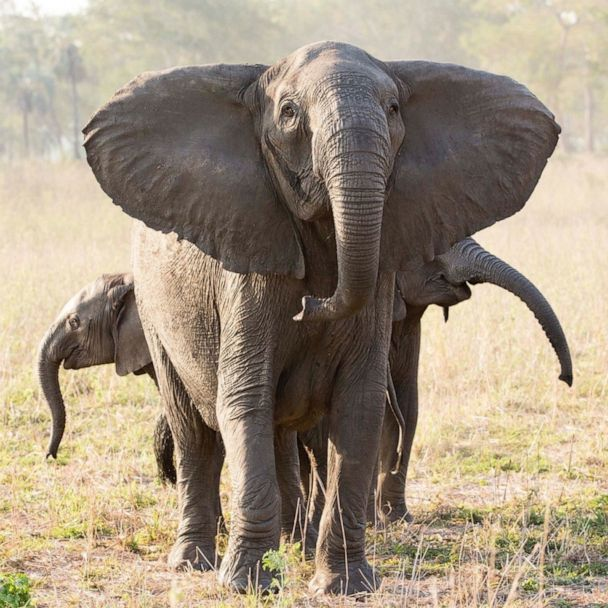
I have, a number of times, posted the varying importance of elephants tusks – defence, fighting (although they rarely draw blood and even more rarely cause the opponent's death – more a stable tool to help push, unbalance, etc, show of strength), also used for foraging purposes including digging in the earth (like digging for water).
An elephant's tusks seem like an important tool, but not as vital as we thought because quite a few elephants are being born without tusks and thrive out in the wild, for years. They cope extremely well.
So, as this new wave of elephants maturing without any tusks, even fully mature cows as still see older bulls with tusks.... (The boys need to catch up to the girls).
This throws previous theories of the VITAL importance of tusks out the window. As I see it, they have proven they do not need them for survival purposes. Tusks are not that important.
Look at Asian elephants – that reveals a lot – perhaps they are one step ahead of the African elephant's evolution? However, the Asian/Indian elephant is a separate species of elephant – so, that is more of a largely distinct characteristic difference. In Asian elephants a few bulls may bear tusks and only few female's tusks tend to be smaller (in circumference and length) to their African counterparts (both species) and not as solid. Their tusks are actually called another name; Tushes (definition of 'tush': a long pointed tooth). Populations have thrived for generations without the 'important' need for them, so, they have proved they do not need them – no longer feel the need for African elephants to have them, either.
The process of evolution is continuing to largely better the animal's chance of survival. 'Evolution' takes a long time, million's of years – so was the eventual loss of all tusks the actual plan all along and we are lucky enough to witness the gradual evolvement of evolution? Yes, I think so. A case of being at the right time at the right place (or vice versa). In the broad sense of time, if we blinked we could have missed this evolutionary event – and their are still evolutionary deniers out there... :wink:
Why do human's think they can change evolution even merely by flouting strong opinions? We will never be able to control evolution and we are also still evolving – what will we look like in a million years if we do not destroy ourselves? I find that idea amusing and can and will silently accept and observe, indefinitely. The elephants and the importance of their tusks show us NOTHING can fully be factualised while the raw power of evolution is still ever present.
